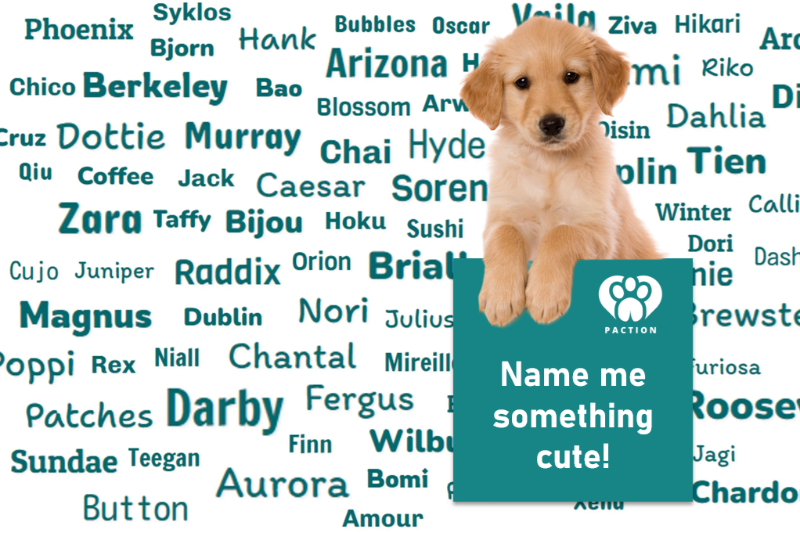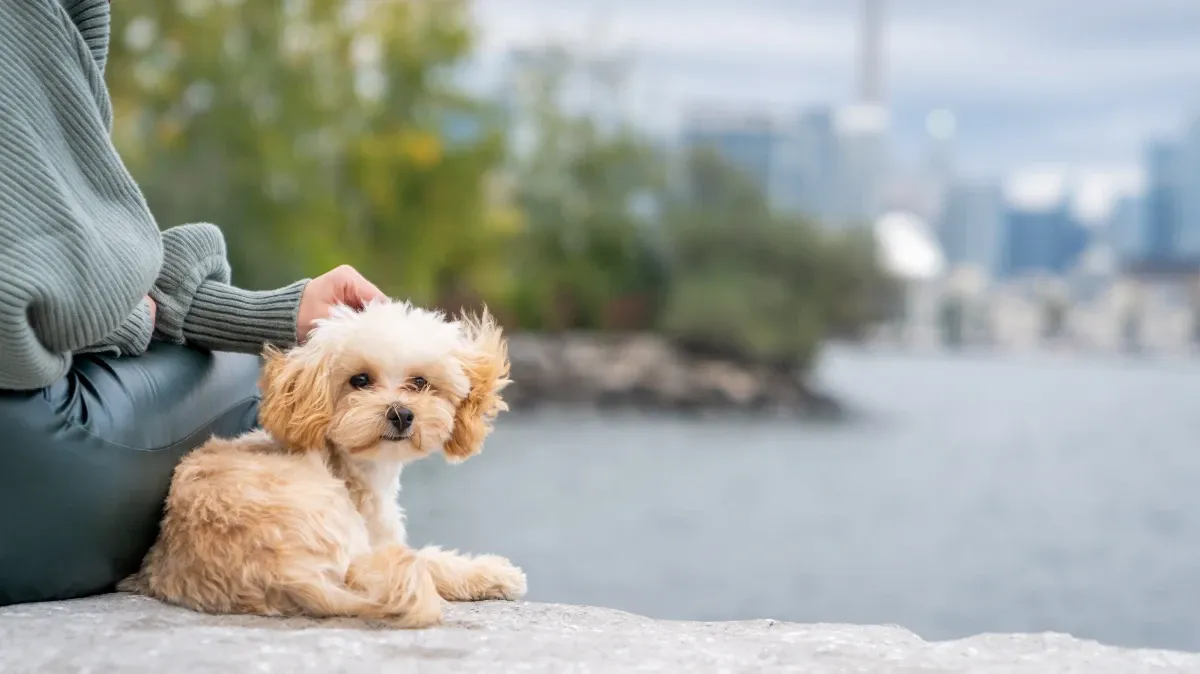Canaan Dog
Find Canaan Dog Breeders Near You
Connect with certified breeders who have Canaan Dog puppies available.
Find Canaan Dog BreedersGet to Know Canaan Dogs
- Ancient Desert Origins: The Canaan Dog descends from dogs that roamed the desert regions of the Middle East and were well adapted to harsh environments. They lived as semi‑wild working dogs, guarding flocks and settlements, and were capable of surviving on their own in arid terrain. Their primitive origins contribute to their hardy constitution and alert, wary nature in unfamiliar situations.
- Versatile Working Roles: Beyond herding and guarding, Canaan Dogs have been employed in more specialized roles: during World War II they were used by Israeli forces for sentinel duty, as messengers and even in mine‑detection roles. Their strong senses and agility made them valuable in these capacities, showing how adaptable they are when given tasks. Today they may still perform in herding trials, agility or obedience, when properly trained.
- Rare Breed Status: Despite their ancient lineage, Canaan Dogs remain relatively uncommon in many parts of the world today. Their population is small compared to mainstream breeds, which means finding one may require connecting with specialized breeders or rescue groups familiar with the type. Their rarity also contributes to both their appeal and the need for owners to be committed and conscientious.
- Distinctive Double Coat: The breed sports a dense undercoat and a harsh, straight outer coat that helped protect it from both intense sun and cold desert nights. Their coloration ranges from cream, sand, gold, red, to black or white with patches, reflecting natural camouflage in varied terrain. Because of this double coat they tolerate temperature extremes reasonably well, though they still benefit from proper shelter and care.
- Faithful Yet Cautious: Canaan Dogs form strong bonds with their human family and are dedicated guardians of home and property. At the same time, their history as semi‑wild dogs means they may be reserved, cautious or even aloof with strangers, and they typically alert bark at anything unfamiliar. With proper socialization and clear leadership, they integrate well into family life, but they do retain strong protective instincts and a watchful nature.
Breed History
The Canaan Dog is a very ancient breed that traces its roots to the land of Canaan (in the region of modern‑day Israel and surrounding areas), originally as a semi‑wild pariah type dog which tended livestock, guarded settlements and flocks, and survived under harsh desert conditions. In the 20th century, efforts were made to domesticate and formalize the breed, notably by Dr. Rudolphina Menzel in the 1930s and 1940s, for work such as guard duties, mine detection and messenger service, and to preserve the breed as a companion and working dog. Over time the breed was accepted by kennel clubs, gaining recognition and gradually spreading beyond its original region, although it remains relatively rare compared to many breeds.
Personality and Behaviour
- Smart & Independent: This breed is smart, independent and curious. It enjoys exploring, noticing subtle changes in its surroundings, and being engaged in tasks or games. However, that independence means they are not always as “eager to please” as some other breeds; they can think for themselves and sometimes need firm but fair leadership. In a household where the owner is confident and consistent, the Canaan will shine; in a lax environment, it may become bored or develop unwanted behaviours.
- Deeply Loyal: The Canaan Dog is deeply loyal to its human family and takes its role as protector seriously. It will watch over its environment attentively and respond to perceived intrusions or changes. It enjoys being included in family life and thrives when it knows its place in the pack is secure. Because of its alertness and heritage, it can be somewhat reserved around strangers until it gets comfortable.
- Watchdog Personality: With children and family members it is affectionate and protective, but it may not tolerate chaotic or unsupervised situations well without proper boundaries. The Canaan enjoys activity but also appreciates downtime and a stable routine. Because of its alert, vocal nature, it often serves as a good watchdog, though its instinct to bark may require management for calmer home environments.
Care
- Exercise: The Canaan Dog benefits from a daily routine of moderate activity — such as brisk walks, hikes, off‑leash play in a secure area, and mentally stimulating games. Because of its working heritage, combining physical activity with mental challenge (e.g., tracking, agility, obedience) helps satisfy its instincts. Without adequate stimulation, it may resort to barking, digging or other attention‑seeking behaviours.
- Grooming: Their grooming requirements are relatively modest thanks to the short to medium length double coat; a weekly brushing to remove dead hair and occasional baths are usually sufficient. Because of the undercoat, they may shed somewhat seasonally, so more frequent brushing during those times is helpful. Routine care should include checking ears, nails, dental hygiene and skin condition — especially if the dog spends time outdoors or in rugged terrain.
- Training: Early socialization (exposure to a variety of people, places, other animals) and consistent training are essential for this breed. Positive reinforcement methods work best; sessions should be varied, interactive and engaging so the Canaan doesn’t lose interest. Because the breed has a strong independent streak and protective instincts, clear rules and confident leadership are beneficial; owners should be prepared for a dog that will test boundaries if allowed.
Canaan Dog Summary
What to ask your breeder?
Here's a short summary of what you should be asking your breeder:
Canaan Health Testing
| Screening | Considerations |
|---|---|
| Hip Dysplasia | One of the following: OFA Radiographic Hip Evaluation PennHIP Evaluation. Results registered with OFA. |
| Elbow Dysplasia | OFA Radiographic Elbow Evaluation |
| Patellar Luxation | Veterinary Evaluation of Patellar Luxation. Results registered with OFA. |
| ACVO Eye Exam | ACVO Eye Examination. Results registered with OFA. |
| Autoimmune thyroiditis | Autoimmune Thyroditis Evaluation from an approved Lab. Results registered with OFA. |
How Much Does It Cost to Own a Canaan Dog Per Year?
Determining the cost of owning a Canaan Dog is essential for responsible dog ownership. Use our calculator to estimate expenses, including food, grooming, veterinary care, and more.
The Ultimate Dog Cost Calculator
 Calculate Now
Calculate Now

